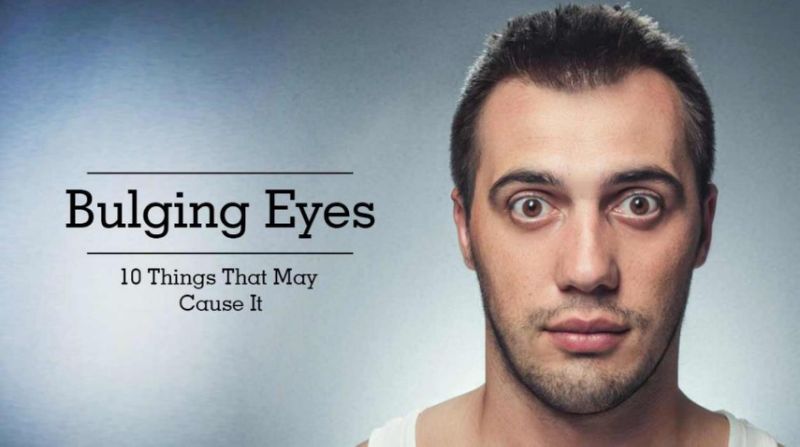

medication to correct the level of thyroid hormones in your blood – this won't necessarily improve the problems with your eyes, but may stop them getting worse.If exophthalmos is being caused by thyroid eye disease, the following treatments are often helpful: cancerous tumours, such as those caused by neuroblastoma and some soft tissue sarcomasĮxophthalmos can also affect newborn babies if they're born with eye sockets that are shallower than normal.an infection of the tissue in the eye socket.abnormally shaped blood vessels behind the eyes.Other causes of exophthalmos can include: Other causesĮxophthalmos can also have a number of other causes, but these are generally less common than thyroid eye disease. Thyroid eye disease can also occasionally affect people with an underactive thyroid gland (hypothyroidism) and in rare cases, people with seemingly normal thyroid function. In the case of thyroid eye disease, the immune system attacks the muscles and fatty tissues around and behind the eye, causing them to become inflamed (swollen). It's also common in women aged 30-50 and people who smoke.Īn autoimmune condition is where the immune system (the body's defence against illness and infection) mistakenly attacks healthy tissue. This is an autoimmune condition that affects around one in every three people with an overactive thyroid gland (hyperthyroidism) caused by Graves' disease. One of the main causes of exophthalmos in the UK is thyroid eye disease, also known as Graves' ophthalmopathy. You may be referred to an endocrinologist (a specialist in conditions affecting glands and hormones) if you're found to have abnormal thyroid hormone levels. You may also have a blood test to assess how well your thyroid gland is working. If the ophthalmologist wants to examine your eye socket in more detail, a computerised tomography (CT) scan or magnetic resonance imaging (MRI) scan may be carried out. They may also use an instrument to measure how far your eyeball protrudes.

If you're referred to an ophthalmologist, they'll check how well you're able to move your eyes. If necessary, your GP or optometrist can refer you to an ophthalmologist (a specialist in diagnosing and treating eye conditions) for further assessment. Treatment is often more effective if it's started as soon as possible. It's important to identify the underlying cause so treatment can be given. See your GP or an optometrist (optician) if you notice that one or both of your eyes are protruding. Permanent visual impairment is rare if the condition is identified and treated quickly. Some people with exophthalmos are left with long-term vision problems, such as double vision. There's a chance your eyes will continue to protrude if corrective surgery isn't carried out.

Many of the symptoms of thyroid eye disease tend to improve over time, although this can take a number of years.


 0 kommentar(er)
0 kommentar(er)
